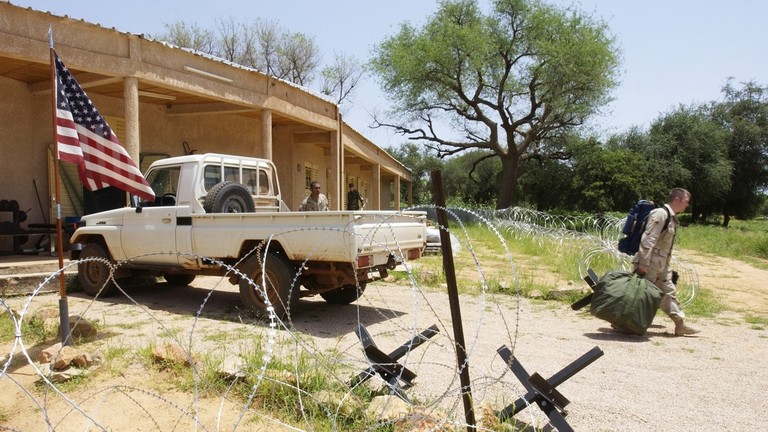In the Afigya Kwabre district of Ghana’s Ashanti region, people like Kingsley Owusu are known for growing Ghana’s leading cash crop. Owusu and his comminity have been growing cocoa beans for over 30 years.
For many years, the cocoa harvest had enabled him to take care of his children, who by now have all grown to adulthood. But now, at the age of 60, Owusu is worried about his own livelihood.
“My production levels have gone down because of climate change and diseases. And illegal mining activities are also contributing to this,” Owusu told DW, adding that he barely makes enough to get by.
Owusu used to produce about 10 bags of cocoa per season, but now he struggles to fill even three bags. As a result, he has far less cash in hand than he used to.
Ghana steps in to help farmers
The Ghana Cocoa Board (COCOBOD), which regulates the sector, recently announced that it would significantly increase what is pays cocoa farmers per ton.
COCOBOD said in a statement that “the increase in the producer price of cocoa has become necessary to enhance the income of cocoa farmers.”
From the previous rate of 20,928 Ghanaian cedis (€1,460, $1,557) per ton, it pledged an increase of nearly 60%, meaning it would pay farmers 33,120 cedis per ton moving forward. That translates to 2,070 cedis per bag of cocoa with a gross weight of 64 kilograms.
But farmers like Owusu take issue with the government’s new pricing policy.
Global cocoa shortage drives up chocolate prices this Easter
Ghana farmers feel left out of decision-making
“Per the world price, we should be receiving more,” he told DW, highlighting that this month, the price of cocoa on the world market had reached $10,000 per ton.
The price for cocoa is chiefly determined at commodity futures markets in New York and London, which are largely driven by supply and demand.
However, the way cocoa beans are sold is based on different standards in each country, with cocoa trading systems across Africa often varying greatly in their structures.
In Ivory Coast, for example, which is the leading producer on the continent, farmers can sell their beans to cooperatives which they belong to, or they can trade directly with private buying companies.
But in Ghana, the world’s second-largest exporter of the precious bean, there is a long-established mechanism which limits farmers in a number of ways. They cannot trade with external buyers, and thus lack control over their own pricing.
They can only sell their beans to the state agency COCOBOD, which then trades that product on the global market.
Moses Djan Asiedu, board secretary of the West African Cocoa Farmers Organization, agrees with the concerns voiced by local farmers in Ghana: “COCOBOD is a pricemaker, and the price established [is] beyond [the control of] the farmers. And we think that the facility that is establishing the price is not a fair thing,” he told DW.


